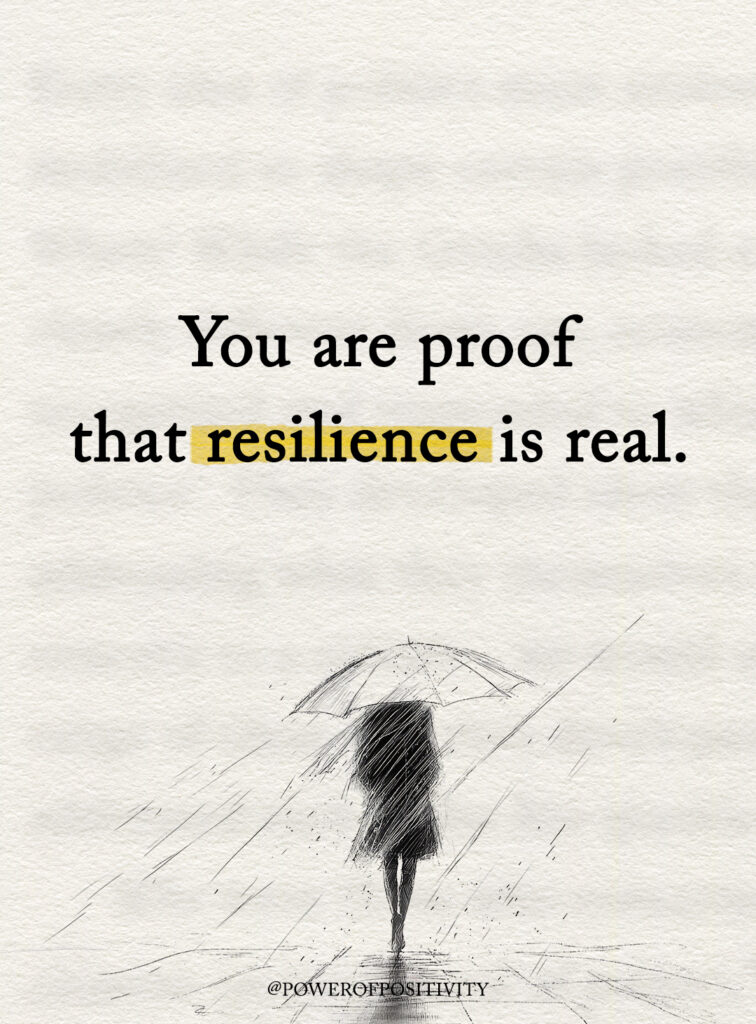When someone hears the words “you have breast cancer,” it changes everything. But what many people don’t realize is how much power they still have to support their own healing. Simple choices—like eating balanced meals and staying active—can make a real difference in breast cancer care.
Over the years, survival rates have gone up, and that’s good news. Now, doctors and researchers are looking beyond surgery and medicine to what helps people live well after treatment. Studies from trusted organizations like the American Institute for Cancer Research (AICR) and the World Cancer Research Fund (WCRF) show that lifestyle habits play a big part in recovery and long-term health.
Good nutrition and regular movement don’t replace medical treatment—they work alongside it. In the next sections, we’ll look at how diet and exercise help the body stay stronger, handle treatment better, and build a foundation for lasting wellness.
Understanding the Connection Between Lifestyle and Cancer Recovery
Every part of breast cancer care goes beyond medicine. It’s not just about the treatments—it’s about how the body, mind, and habits all work together. The best recovery plans today include physical, emotional, and lifestyle changes because they all affect how the body heals.
Food plays a big part in this. What you eat can influence hormones, control inflammation, and strengthen your immune system—three things that matter a lot in recovery. Eating well also helps the body handle treatment side effects like fatigue or weakness.
Staying active supports the process, too. Moving your body helps balance hormones, boosts energy, and improves sleep and mood. These habits help make treatments more manageable and improve overall health.
Understanding these links gives patients more control. Healthy food and regular activity aren’t just “extras”—they’re key parts of breast cancer care that support every stage of healing.
The Science Behind Diet and Breast Cancer Care
What you eat affects how your body fights back. Food can influence how fast cancer cells grow, how the body reacts to treatment, and how much energy you have each day. For many people in breast cancer care, balanced meals help them stay stronger through chemotherapy or radiation.
Certain foods can also protect your immune system and repair tissues damaged by treatment. Vitamins, minerals, and plant nutrients give your body what it needs to recover and stay healthy. Eating right doesn’t have to be complicated—it’s about choosing foods that help your body do its job better.
Below are some simple, research-backed ways to eat well during and after treatment. These habits are easy to follow and can support strength, healing, and long-term wellness.
1. Prioritize a Plant-Forward Plate
Eating more plants helps the body heal naturally.
Try filling most of your plate with:
- Vegetables and fruits – rich in vitamins and antioxidants.
- Whole grains – like brown rice, oats, or quinoa.
- Beans and lentils – great sources of fiber and plant protein.
These foods protect your cells and may lower the risk of breast cancer coming back. A plant-forward plate doesn’t mean giving up meat—it means eating less of it and focusing more on plants that fuel your body and fight inflammation.
2. Keep a Healthy, Stable Weight
Carrying extra body fat can raise estrogen levels and increase inflammation, both linked to higher cancer risks. Keeping a steady, healthy weight helps improve treatment results and recovery.
A few easy habits help:
- Eat smaller portions and stop when comfortably full.
- Choose whole, fresh foods instead of processed ones.
- Avoid crash diets—they slow metabolism and harm energy levels.
A balanced, consistent routine works best. Even small steps toward a healthy weight make a difference in breast cancer care.
3. Choose Fiber-Rich Foods for Gut and Hormone Health
Fiber does more than help digestion—it also helps remove extra estrogen from your body, which supports hormone balance during recovery.
Good sources include:
- Oats, beans, lentils, and chickpeas
- Whole-grain bread, brown rice, and vegetables
These foods keep your gut healthy, which is especially helpful if treatment affects appetite or bowel movement. Adding fiber to each meal can improve comfort and overall wellness in breast cancer care.
4. Include Lean Protein for Strength and Repair
Protein helps rebuild muscles and tissues, which is vital during treatment and recovery. Some good choices include:
- Fish, eggs, and poultry
- Soy foods like tofu or edamame
- Low-fat dairy or Greek yogurt
Research shows soy foods are safe and may even help lower recurrence risks. Including protein at each meal helps the body heal faster and stay strong during breast cancer care.
5. Reduce Added Sugar and Alcohol Intake
Too much sugar can affect insulin levels and energy balance, while alcohol raises estrogen and may increase recurrence risk. Cutting back supports long-term recovery.
Simple swaps work wonders:
- Choose sparkling or fruit-infused water instead of soda.
- Try herbal teas for flavor without sugar.
- If you drink, keep it to fewer than three drinks a week.
Moderation is key—these small choices help your body heal better and stay in control of breast cancer care.
Exercise as a Core Part of Breast Cancer Recovery
Movement is one of the most powerful tools for healing. Studies show that women who stay active during and after treatment often live longer and feel better overall. Exercise lowers fatigue, boosts mood, improves sleep, and keeps bones strong.
Staying active also helps regulate hormones and maintain a healthy weight, which are both linked to better recovery and fewer chances of recurrence. The best part? You don’t need to be an athlete to see benefits—gentle, steady movement adds up over time.
Let’s look at a few practical types of exercise that can safely fit into any stage of breast cancer care.
6. Start with Gentle Movement During Treatment
Even light movement helps when you’re tired or healing.
Try starting small with:
- Short walks around the house
- Gentle stretching
- Simple yoga poses
Even 10 minutes a day can reduce stiffness and fatigue. The key is to listen to your body and talk with your doctor before beginning any new routine.
7. Gradually Build Up to Aerobic Exercise
Once energy improves, add more activity.
Good options include:
- Brisk walking
- Swimming
- Cycling
- Dancing
Aim for about 150 minutes per week, but take it slow—consistency matters more than intensity. Aerobic movement strengthens your heart, boosts mood, and supports recovery throughout breast cancer care.
8. Add Strength Training for Bone and Muscle Health
Some treatments can weaken bones and muscles, but strength training helps rebuild them.
Try:
- Resistance bands
- Light hand weights
- Body-weight moves like wall push-ups or squats
Just two sessions a week can make a noticeable difference. Strength training also builds confidence and helps with daily movement and independence.
9. Combine Exercise with Stress Management
Exercise doesn’t just help your body—it calms the mind, too. Activities like yoga, tai chi, or mindful walking combine movement with relaxation. They lower anxiety, reduce stress, and bring focus back to the present.
These routines help survivors feel more in control, adding emotional balance to physical recovery in breast cancer care.
Nutrition and Exercise: Working Together for Healing
When food and movement come together, recovery becomes stronger. Eating balanced meals gives the energy to stay active, and regular activity helps the body use nutrients better. Together, they:
- Boost immunity
- Reduce inflammation
- Balance energy and hormones
These habits work side by side with medical treatment—they’re not replacements but partners in healing. Think of food and movement as medicine you can give your body every day.
Overcoming Common Challenges During Recovery
Recovery comes with ups and downs. Fatigue, nausea, or appetite loss can make it hard to eat or move. Emotional eating is also common when stress is high.
Small changes can help:
- Eat smaller meals throughout the day
- Sip smoothies or soups when solid food is hard
- Drink plenty of water
- Take slow walks when tired
Keeping a simple daily log of meals and activity helps track progress and notice patterns. Healing takes time, and every step forward—no matter how small—matters.
Personalized Plans: Working with Your Care Team
No two people have the same needs during breast cancer care. Talking to your doctor, dietitian, or physical therapist helps create a plan that fits your energy and goals.
Ask about:
- Safe exercise types and intensity
- Nutrition tips during treatment
- When to add supplements or extra calories
A plan made just for you helps you stay consistent and confident through recovery.
The Emotional Benefits of a Health-Focused Lifestyle
Caring for your health brings emotional healing, too. Eating well and staying active restore a sense of strength and control. Joining cooking classes, walking groups, or fitness sessions can help build connections with others.
As the body grows stronger, confidence returns—and with it, a renewed sense of hope.
Looking Ahead: What Research Says About Future Care
Scientists continue to study how diet and exercise affect breast cancer care outcomes. New research points to the benefits of gut health, plant compounds, and even the timing of workouts.
The goal is clear—to give patients more tools for recovery and better quality of life. Each study brings more hope and more ways to stay healthy after cancer.
Final Thoughts on the Role of Diet and Exercise in Breast Cancer Care
Healthy eating and regular movement are simple yet powerful parts of recovery. Every meal, walk, or stretch supports your body’s healing. Progress, not perfection, is what matters most.
Taking care of your body through food and exercise isn’t just treatment—it’s an act of self-care, strength, and hope for the future.















